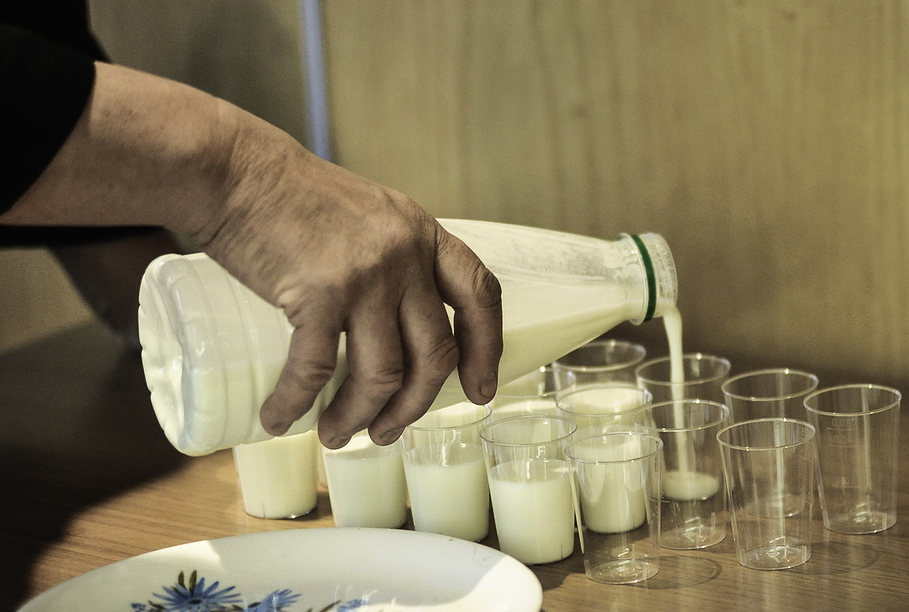While most experts predict an eventual further fall in already painfully low dairy prices, farmers hope that new export markets in Asia will gulp down the expected increase in the flow of products from a number of EU countries.
Milk farmers themselves have been waiting for this moment with bated breath all year. But first comes the April 10 date set for the announcement of provisional Agriculture Ministry data on whether the final quotas for 2014 were exceeded or not. As of the most recent estimates, the level in Latvia is hovering at over 99.1%, but final results won’t be known until May.
Many milk producers have already been limiting their production in anticipation of the final weeks of the quotas being in force, but now can look forward to opening the gates on milking their herds to a fuller extent.
However dairy farmers must realize that other EU members with far more developed dairy industries – in particular Ireland, which is said to be poised to become a milk superpower, will be raising production almost in sync, likely causing already low prices downward further.
Latvian Milk Producers’ Union leader Ieva Alpa explained that milk farmers are still reeling from the spiraling drop of prices from Russia’s embargo, which prompted a flurry of export efforts only slowly bearing fruit in promising markets abroad, such as China.
All they can do, she says, is hope for demand to rise in these markets, so that “the milk has somewhere to go, but for the rivers of milk to start flowing in the right direction to the right places will take time.”
The EU put into place milk quotas in April of 1984 to regulate plunging milk prices due to overproduction and subsidies characterized by “mountains of butter and rivers of milk”. At the time farmers enjoyed guaranteed prices higher than elsewhere in the world, regardless of demand. At first the system was to last just five years, but wound up extended all this time.
Now the quotas are being scrapped in the face of growing demand for milk that Europe’s dairy farmers and producers would otherwise be prohibited from trying to meet.






























